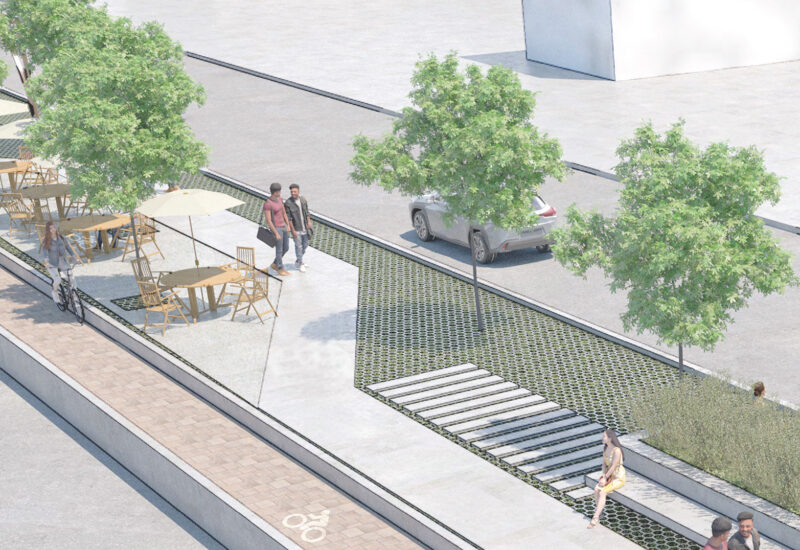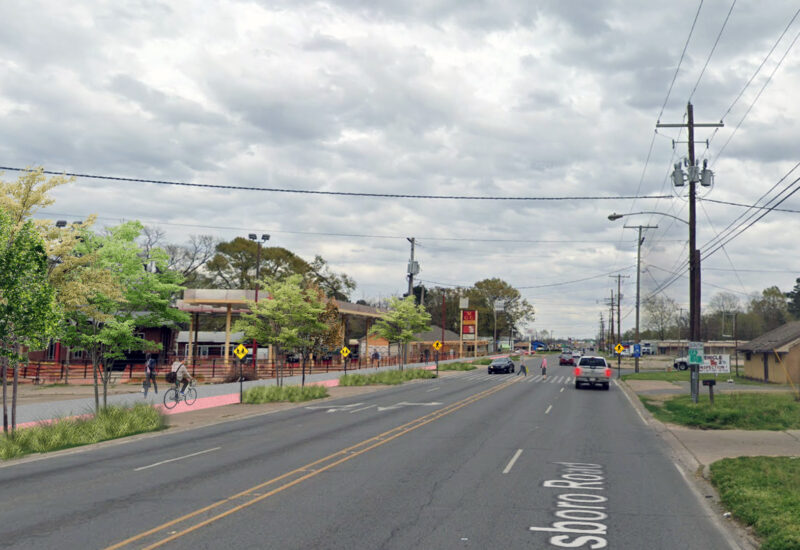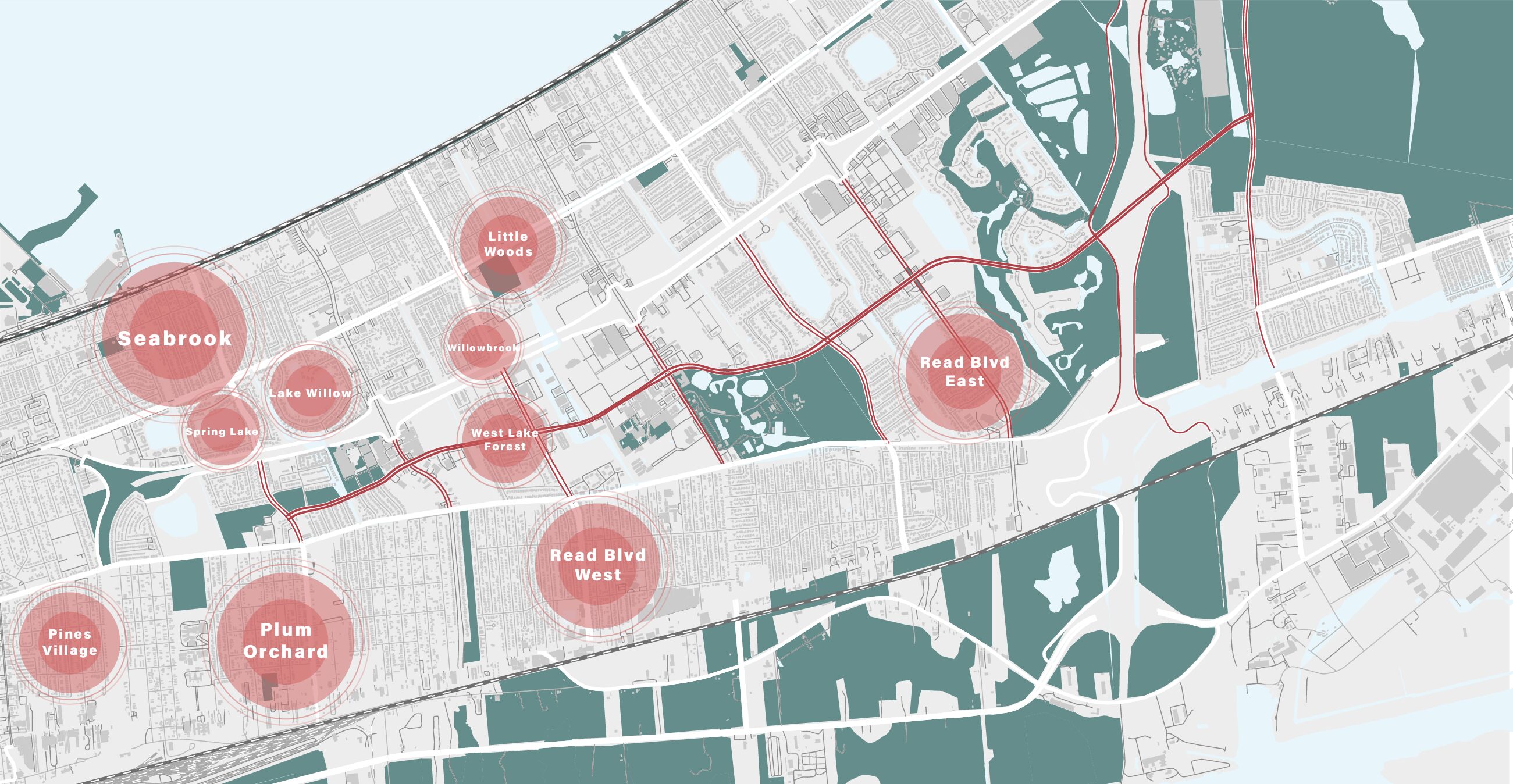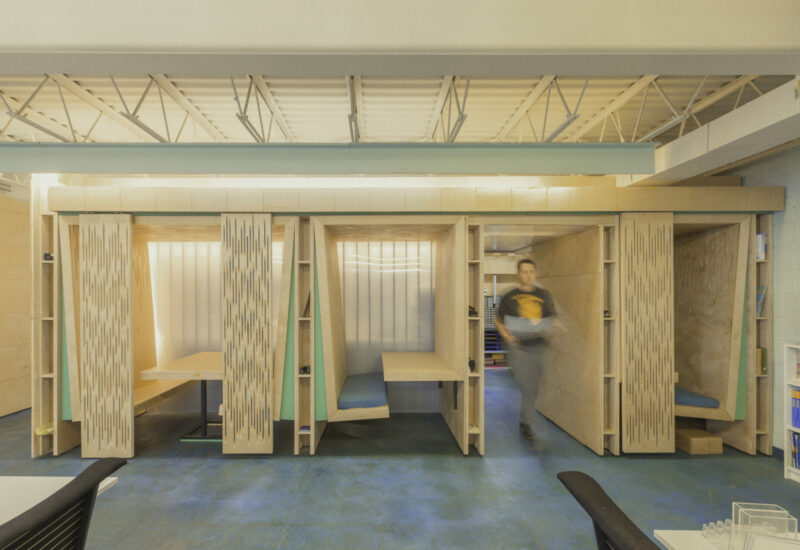News September 28, 2020
Small Center selects civil rights and equity-focused Design Build and Visioning Projects
We are excited to announce our 2020-21 Request for Proposals selected community partners: Solitary Gardens and The New Orleans Center for Creative Arts (NOCCA) Institute.
Over the coming school year, Tulane architecture students and faculty will partner to design and build a series of mobile herbal medicine carts that make healing, justice, and abolition visible and accessible in the city of New Orleans, as well as a visioning plan for an advocacy-centered community space that details the story of civil rights activist Homer Plessy.
The two projects are part of an annual program focused on providing design services to Orleans Parish-based nonprofits and is led by the Albert and Tina Small Center for Collaborative Design (Small Center) at the Tulane School of Architecture.
“Our city, and broader society, are in a moment of reckoning and questioning and this year’s strong group of project proposals reflected that. The challenge is to bring the enthusiasm and design abilities of our students to bear on site specific issues and also engage these big picture conversations of equity, justice, and the designer’s role in positive change.” said Emilie Taylor Welty, professor of practice at Tulane School of Architecture and design-build manager at Small Center. “We’re excited to get to work with this year’s project partners!”
Community partners selected for the 2020-2021 academic year are Solitary Gardens and The New Orleans Center for Creative Arts (NOCCA) Institute. Along with a jury of design professionals, past partners, and funders, Small Center facilitated an intensive review of 12 applications this past spring from nonprofits that work in a variety of sectors, such as education, recreation, cultural preservation, and youth empowerment.
For the Fall 2020 Design-Build project, Small Center will partner with Solitary Gardens on The Prisoner’s Apothecarts, a series of mobile herbal medicine carts that make healing, justice and abolition visible and accessible in the city of New Orleans. Filled with plant medicine from the Prisoner’s Apothecary, The Apothecarts will catalyze public conversations at the intersection of healthcare, community care, public art, and abolition. By employing the emergent strategies of the dandelion plant, this project will develop, design, and deploy multiple mobile herbal medicine carts that seed possibility through story and plant sharing, aimed at solutions for a more humane, equitable and just society.
In developing and designing mobile units that activate spaces identified by Storia, an ally in the project, The Apothecarts will create interactive site specific stations that showcase various ways plants tell stories, cross pollinating the important work of abolition, plant medicine, storytelling and creative practices. The Prisoner’s Apothecarts will exist as human powered vehicles, that are stewarded by additional collaborators, specifically, local organizers, abolitionists, and herbalists identified by Samara School of Community Herbalism.
“Artists are charged with the task of not only illustrating what is wrong, but what is possible”, said Executive Artist Jackie Sumell, “Abolition is a practice of undoing that ultimately connects us to sustainable practices rooted in possibility. We have so much to learn from the plants as abolitionists, organizers and human-doings.”
For the 2020-2021 Visioning project, Small Center will work with The New Orleans Center for Creative Arts on “The Plessy Project.” The Plessy Visioning Project will be the transformation of the block circumscribed between Royal Street, Homer Plessy Way (formerly Press Street) and Dauphine. The vision for the reinvigoration of the space is centered on a living memorial dedicated to early civil rights activists as well as individual courage, equality and equity as the block is the site of shoemaker Homer Adolph Plessy’s historic arrest in 1892. Plessy, a free person of color, was arrested after he bought a first-class ticket and boarded a train car reserved for whites only. As planned by the Citizens’ Committee, Plessy’s arrest challenged Louisiana’s segregationist Separate Car Act of 1890, resulting in the U.S. Supreme Court’s landmark “separate but equal decision.”
“We are honored to partner with the Small Center on this very important project”, said Sally Perry, executive director of The NOCCA Institute. “As we have seen all too clearly and tragically in recent months, the work of civil rights pioneers like Homer Plessy is far from over. Working with the Small Center, we hope to create a vision for this historic site that will educate, inspire, and foster conversation and contemplation”
The NOCCA Institute champions the New Orleans Center for Creative Arts (NOCCA). It builds philanthropic, lasting partnerships. It invests in young artists, their mentors and the community through programs that encourage educational and cultural innovation. Founded in 1973, NOCCA provides intensive, pre-professional training to high school students in Classical Music, Creative Writing, Culinary Arts, Dance, Drama, Jazz, Media Arts, Musical Theatre, Theatre Design, Visual Arts, Vocal Music, and academics. NOCCA students come from up to 18 parishes and nearly 100 partner schools for full-day, half-day, and after-school intensive arts training.
Thanks to generous support from Johnson Controls Incorporated, Small Center and Tulane School of Architecture faculty and students can provide pro-bono design and planning services to these two New Orleans nonprofit and community-based organizations during the 2020–21 school year.
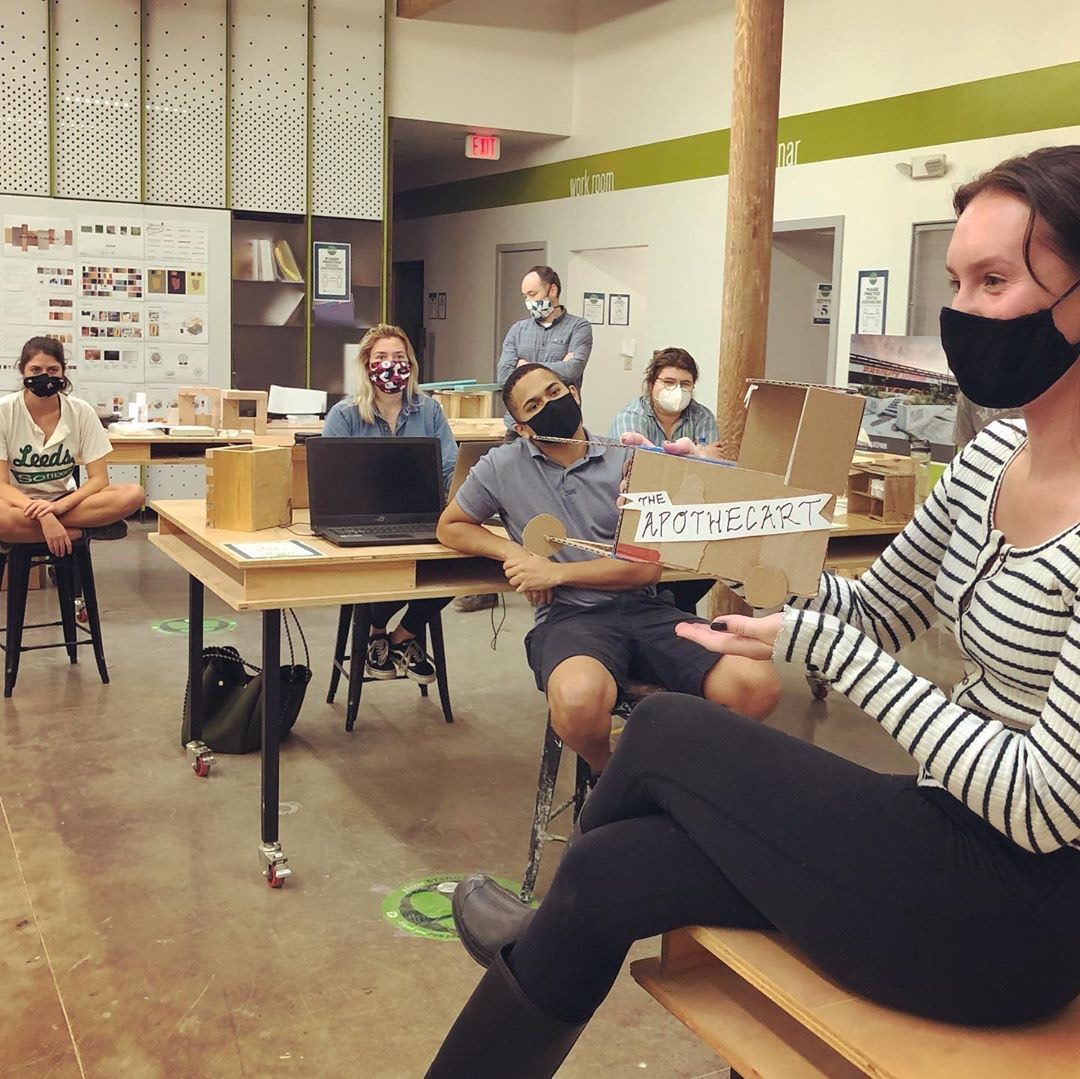


 Menu
Menu